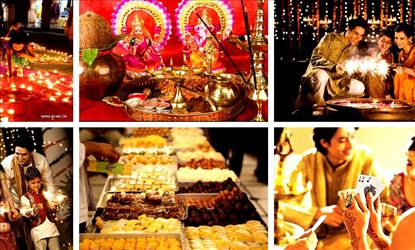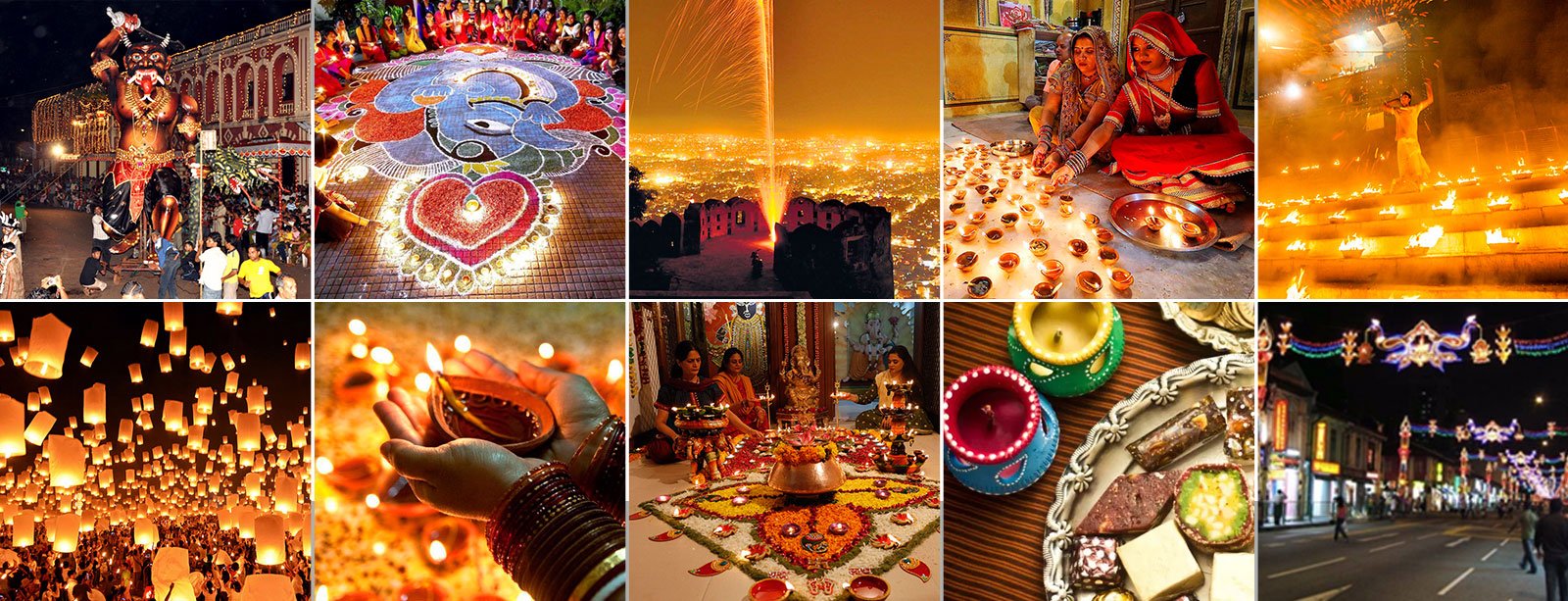
Diwali is a word that has been derived from the Sanskrit word Deepawali, which means a "row or a string of lights". The word is a conjugation of "deepa" or an earthen lamp and "vali" or a continuous row or series of something. The festival falls during the beginning of autumn and at the end of summer harvest. diwali coincides with the darkest day of the year, also known as Amavasya. This day is the darkest of Hindu lunisolar calendar. Although the festival has been known as a predominantly Hindu festival, it's also celebrated by Jains, Sikhs and Newar Buddhists.

The significance of diwali varies regionally within India, with people worshiping different deities on the day and following different traditions. One of the most well-known traditions of diwali is associated with the Hindu epic of Ramayana.




 click and follow Indiaherald WhatsApp channel
click and follow Indiaherald WhatsApp channel